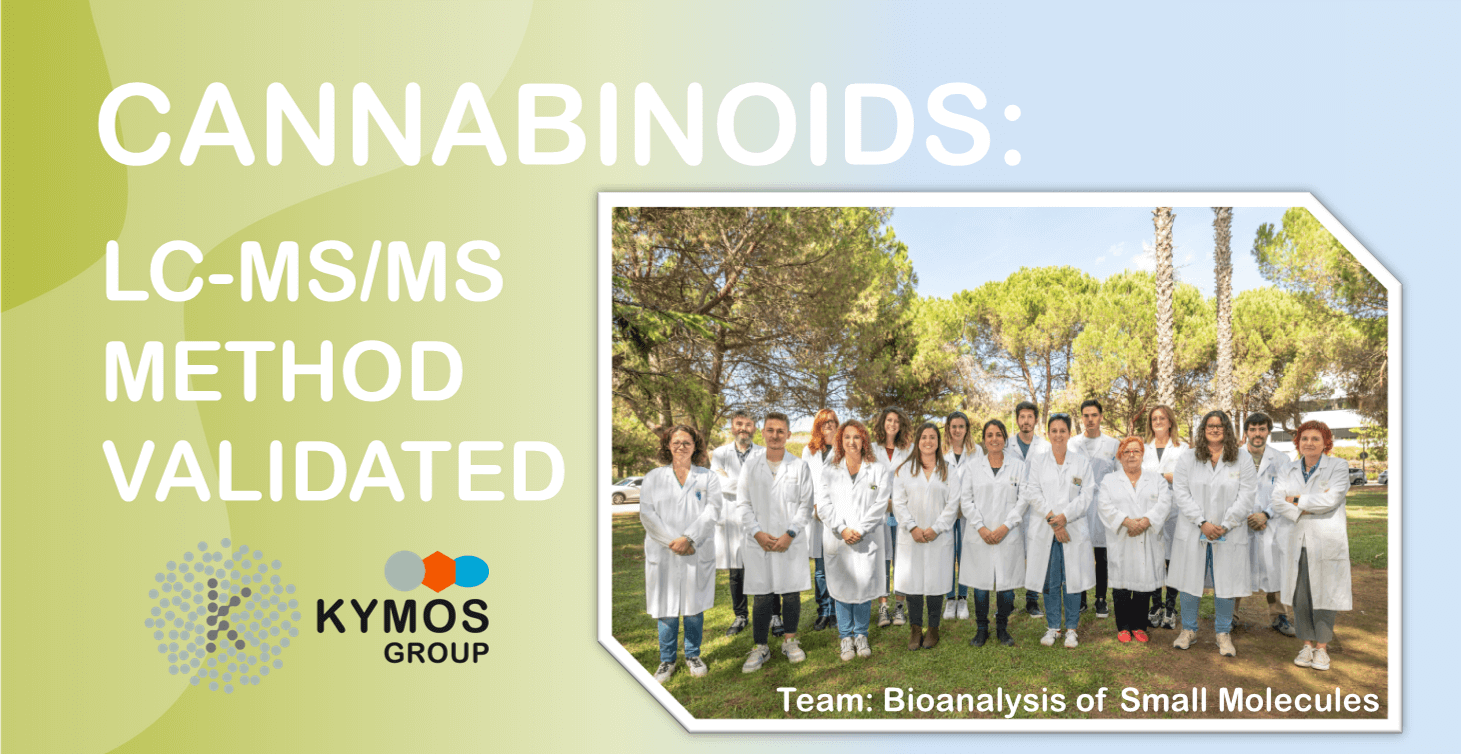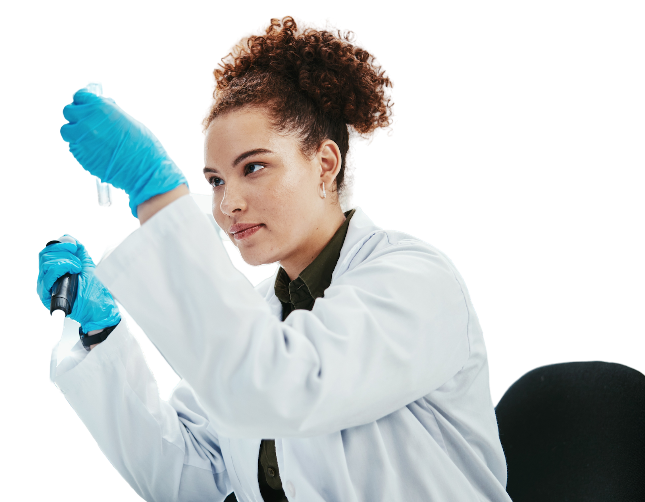
Cannabis and its medicinal use have long been discussed among the medical community and have been repeatedly called for by patient associations. However, cannabis was illegal in many countries and classified as an abuse drug. In recent years, the perspective on cannabis has changed and in 2015 the FDA eased the regulatory requirements to allow researchers to conduct CBD (cannabidiol) trials. In late 2020 the Court of Justice of the European Union ruled that CBD is not a narcotic and a few weeks later the UN’s Commission for Narcotic Drugs voted to reclassify cannabis from Schedule IV into a less harmful category.
Given these fundamental changes, more and more companies are looking into the development of cannabis-based medicines. Naturally, this also requires reliable, specific, and robust analytical methods. Jose Antonio Legarreta, Kymos’ expert for LC-MS/MS method development, informs:
“Kymos has developed an LC-MS/MS method for Cannabidiol (CBD) and CBD main active metabolites that has proven to be selective, linear and fulfill bioanalytical requirements for precision, accuracy and matrix effect.”
Cannabinoids are substances found in the cannabis plant that act on specific receptors in the human brain and body. They are the main active ingredients in both the medicinal products derived from cannabis and cannabis preparations. The two most extensively studied are tetrahydrocannabinol (THC) and cannabidiol (CBD).
“In this method we focused on CBD and its main metabolites” explains José Antonio. “We managed to develop a single LC-MS/MS method for the simultaneous determination of cannabidiol (CBD) and CBD main metabolites (Δ9-THC, 11-Hydroxy-Δ9-THC and 11-nor-9-Carboxy-Δ9-THC) in human plasma. Based in 200 µL of plasma sample and a simple protein precipitation procedure using phospholipid removal plates, the LC-MS/MS determination is conducted using a Sciex 6500+ Tripe Quadrupole (MRM mode). The method has proven to be selective, linear and fulfill bioanalytical requirements for precision, accuracy and matrix effect. Finally, we are proud to have achieved minimum calibration ranges with our method:
CBD: 0.05-50 ng/mL
Δ9-THC: 0.05-50 ng/mL
11-Hydroxy-Δ9-THC -THC: 0.1-100 ng/mL
11-nor-9-Carboxy-Δ9-THC: 0.2-200 ng/mL”
Of course, it does not stop here. In the department of bioanalysis at Kymos Group we are working every day to develop further sensitive LC-MS/MS methods, that are perfectly tailored to the individual client’s project.
If you need any assistance with your cannabinoid projects or LC-MS/MS method development, please contact commercial@kymos.com. We will be happy to provide you with detailed consulting, prepare a quote, and carry out your projects reliable and efficient.

